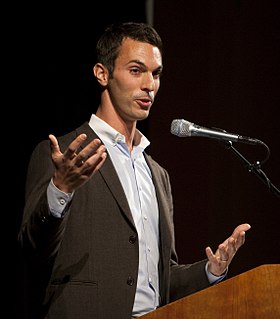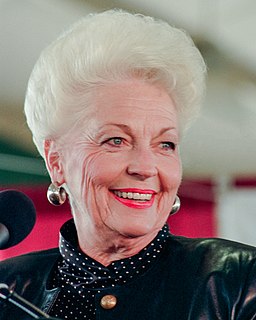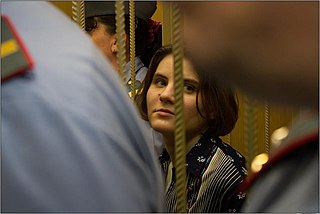A Quote by Hanna Rosin
Workplaces still operate like it's 1962 and one person is always at home, and they are not very good at adjusting for the fact that a majority of women work and take care of children.
Related Quotes
I see certain parallels between the debate over feminism where some women argue that women should not be forced to stay at home and take care of children [and debate about hijab]. And there are other women who are saying you are criticizing my decision as a free liberated women to stay home and take care of my children.
Usually women are the lynchpins of the family. They carry the brunt of the work at home and of being mothers and of taking care of the children. Not always. I have a wonderful husband, who is a great father and has helped tremendously at home. And I think that men are getting in touch and I think that the role that they have is so important, to be a good father and have a good career and be a good husband. But I think that as more and more women go into the workforce, you have to have more help at home and it becomes more of a sharing of responsibilities.
As more women have gone into the workforce, they find it harder to be a good mother and a good worker. When I go into the office, I always feel guilty. I'm thinking about the children. When I'm at home, I'm thinking about my work. So you're always under tremendous pressure. Women feel very stressed. They feel like they're working harder and harder and harder. And society is not really helping them.
When it comes to politics, we have an internal glass ceiling. We stand as good a chance as a man to win a political race, but women don't want to run at the same rate as men do. People point to the work-family balance issue, but I think it's much more than that. Many women don't have children, or have children who are no longer at home. There are some deeper psychological and emotional issues in play, like the fact that many of us feel like the embarrassment, humiliation and personal demonization in politics are simply more than our hearts can take. What stops us is fear.
We really have to think about aging because women are living longer than men. More of the people who need care are women. A lot of them are living alone, with no one to care for them, or they're shunted into institutions. I would like to see a sensible aging policy more like what the Nordic countries have. They're cutting back those programs, but there you can still have in-home nursing care. You don't have to rely on your children. I personally don't want to be a burden on my daughter.
Most women without children spend much more time than men on housework; with children, they devote more time to both housework andchild care. Just as there is a wage gap between men and women in the workplace, there is a "leisure gap" between them at home. Most women work one shift at the office or factory and a "second shift" at home.
17,000 children starve on this planet every single day. That fact alone should blow any conscious person out of their chair. You know, my mother used to say that a woman’s most important job is taking care of her children and her home. I laughed at that when I was younger, but I don’t laugh at it anymore. I just realize now that every child on the planet is one of our children, and the earth itself is our home.
Ideas about mothers have swung historically with the roles of women. When women were needed to work the fields or shops, experts claimed that children didn't need them much. Mothers, who might be too soft and sentimental, could even be bad for children's character development. But when men left home during the Industrial Revolution to work elsewhere, women were "needed" at home. The cult of domesticity and motherhood became a virtue that kept women in their place.
I am a feminist and an advocate for women's right to self-determination. I want a society in which women can voice their political views. We have shown that girls like us can perform courageous acts. By doing so, we are breaking up the prevailing image of women in Russia. We are not the weak sex. We don't always just sit at home, cook and take care of the kids.
































